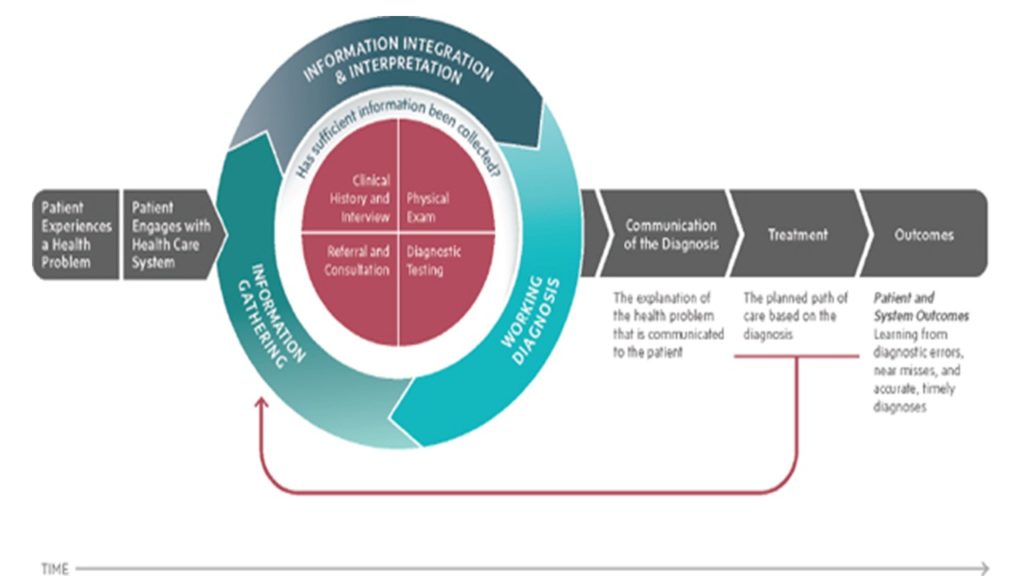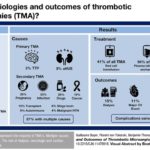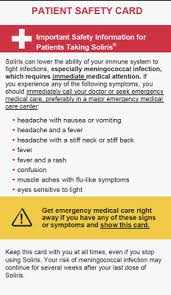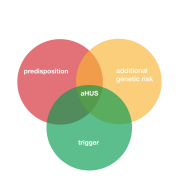It is hard to believe that it will soon be two years since the aHUS Diagnosis Process project began. It began when a parent of an aHUS patient contacted Global Action.
| Hello, it took almost a year for my son to be diagnosed with aHUS because of it being so rare. I know that his kidney transplant and other medical issues could have been prevented or at least symptoms lessened if diagnosed earlier and by starting the Ravulizumab treatments. |
One thing that the aHUS community has very much in common is a wish and willingness to talk about their diagnosis experience. Over the years I have read and listened to hundreds of diagnosis anecdotes. In aHUS patient gatherings and on line patients and families want to talk about it and, in doing so, help raise awareness. Having aHUS is not the best of times and for many it will be their worst.
So Global Action acted. it could cost £50,000 or more to undertake a project like this. We had to do it at no cost.
We started to plan for a way to capture as many aHUS patients’ stories about diagnosis as we could but in a way that embraced the whole process from first symptoms to getting a diagnosis. We published articles about it on the website which set out what we were thinking and trying to do. If it was to be done it would be something unique.
The articles were published on the website in September 2020 , October 2020 and November 2020. ( see below)
At the same time we designed a questionnaire to seek key events and patient characteristics. The aim was to try to find out what helps a rapid enough diagnosis and what hinders it. The questions were drawn up around a model of a diagnosis process that we found in the literature about diagnosis.

Building in that ” circular” bit was a challenge to questionnaire design. aHUS is rarely a linear process. A diagnosis can appear to be going around in circles.
We read dozens of articles about aHUS diagnosis as well as related topics to help define our research. Well over a hundred articles would be read eventually as we got deeper into the analysis. We consulted people too.
The questionnaire was ready and went live in late November 2020 and remained open until mid January 2021. Now it was over to the aHUS community to determine its success. There was an amazing response
Well over 200 people had responded. An enormous amount of data was captured.
Work began on its analysis and tabulation, it took eight months to do and then write about it.
The first report on high level process measures was published on aHUS Awareness day 2021.Three months later a second report on aHUS patients’ experience in primary care was published before Christmas 2021. And after another three months a third report about getting a diagnosis in specialist care was published on Rare Disease Day 2022.
And now just over three months since the third report appeared , the fourth and final report is being published today. A pdf copy of the final report can be read below.
The key learning points are:
• Diagnosis of aHUS is significantly prolonged by misdiagnosis
• Almost two thirds of aHUS patients are misdiagnosed
• 13% of patients, mainly female adults, remain misdiagnosed for more than a year
• A TTP diagnosis is the most common diagnosis error
• Misdiagnosis impacts adversely on health, treatment burden and patient
anxiety/confidence perception outcomes
This report provides the most detailed insights ever into what factors impact positively or negatively on the key process outcomes of patients – their health state, on going treatment burden and anxiety/loss of confidence felt from the process experience.
The parent who wrote to us was right what about happened. Not for all, but for many adverse outcomes could have been prevented and they could have been lessened if the diagnosis was done earlier.
It could be done earlier if so many aHUS patients were not misdiagnosed for too long.
We have got the data. We have got the message. Now it needs to be broadcast.
The second part of the parent’s letter was about creating awareness and teaching medical professionals to improve on current process performance.
| I am wondering if there are speakers who travel to different states and do seminars on this disease for medical professionals to learn about aHUS? |
It will be after they qualify that medical professionals will get to learn about aHUS, or even TMAs. In basic training it unlikely that out of thousands of hours of teaching no more than an hour will be spent on all “hematological emergencies”. Even then aHUS is much less likely to feature in any syllabus than other conditions like TTP , DIC or the other pregnancy TMAs.
Patients getting the most rapid diagnosis would acknowledge the good fortune to have a rapid diagnosis saying things like
“We were blessed to be in a hospital with doctors who had experience with this disease.” “I felt I am considerably lucky because the nephrologist I went to had recently seen another case of aHUS the year before mine.” “The hospital where the patient was had a specialist on aHUS, that’s why it was recognized so quickly.” “I was blessed to be diagnosed as quickly as I was” “We feel lucky to have had a relatively rapid diagnosis”. “I was very lucky to have a nephrologist on call that had previously treated a patient with aHUS.” “I was extremely lucky that I was in hospital when my kidneys started to fail.” “I was very fortunate that haematologist recognised symptoms at an early stage……”
Many who onset with aHUS during the COVID pandemic, were unlucky. The restrictions in normal care pathways so that health services were not entirely overwhelmed by COVID patients , meant the aHUS diagnosis process was hampered and more people who could have been diagnosed and treated rapidly were not. They got the worst of outcomes instead. More will now need a kidney transplant or live a life on dialysis.
So post pandemic, the work will need to begin to not just get back to where we were but to go well beyond.
All of the 4000, or so, patients who will need an aHUS diagnosis in the coming twelve months may be luckier. Having been so unlucky to have had aHUS in the first place.`
To be lucky their consultation needs to be with someone who knows about aHUS.
Learn More: View Survey Questions, Background, Result Reports & More HERE
ALL poll Assets, Data & Reports may be shared via its LANDING PAGE
https://bit.ly/2021aHUSPollData
Article No. 518
Previous Articles:
A tale of two aHUS diagnoses
Article No 390 1 November 2020 All aHUS patients at some point have been told they have got aHUS. It is their diagnosis. All aHUS patients will have experienced a…CONTINUE READING
The aHUS Diagnosis Process
Article No 389 27 October 2020 A process is a series of steps. Diagnosis is a process. A medical diagnosis is the process by which a persons symptoms and signs…CONTINUE READINGThe aHUS Diagnosis Process

The aHUS diagnosis challenge
Article No. 374 3 September 2020 For most aHUS patients a diagnosis of aHUS was hard to come by. For a small number they may still not know what…CONTINUE READING


